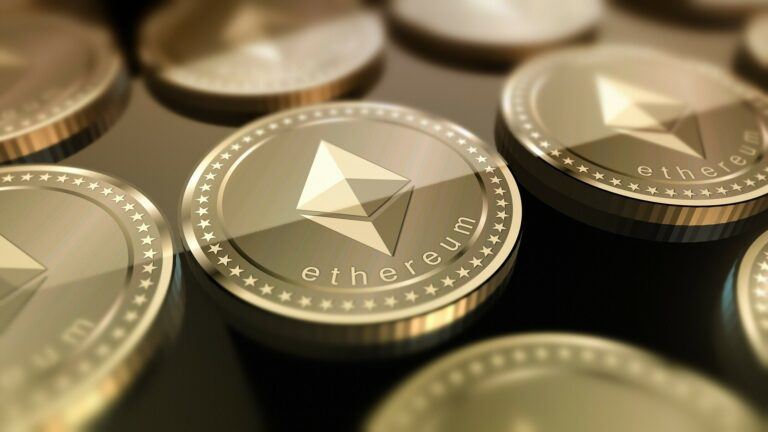In an news piece posted on October 29th, the Enterprise Ethereum Alliance (EEA) announced the release of their Enterprise Ethereum Client Specification V2 document. This standard aims to improve interoperability and certification processes, which will “accelerate the adoption and deployment of Enterprise Ethereum solutions worldwide.” The specification identifies unique requirements relevant to each application or industry to make development smoother.
The goal of this standard is to help companies use the Ethereum network more fluidly, and connect with other applications and communities more easily.
Applications certified by the EEA are aimed to be “plug and play” solutions, meaning that everything EEA approved will connect seamlessly.
Ron Resnick, Executive Director of the EEA, wants Ethereum software to be as easy as using a SIM card. “If I buy a phone in one country and a SIM card in another, I know they are going to work together.” He continues to explain:
Using the EEA Specification, Ethereum developers can write code that enables interoperability, thus motivating enterprise customers to select EEA specification-based solutions over proprietary offerings…With the EEA Enterprise Ethereum Client Specification V2, enterprises and startups can develop interoperable offerings, from low-to high-end based, enabling enterprises and startups to easily mix and match applications cost-effectively, even as their needs change over time.
EEA at Devcon
The Enterprise Ethereum Alliance will be presenting more details on this specification at this year’s Devcon. Devcon, a well-known Ethereum conference, started today (October 30, 2018) in Prague, Czech Republic and runs all week.
Devcon is the “annual Ethereum family reunion,” as described by its hosts. “We at the Ethereum Foundation host Devcon to educate and empower our community to build decentralized applications, and to bring Ethereum protocols, tools, and culture to the world.”
Enterprise Ethereum Alliance, launched in February 2017, “is a member-led industry organization based on the goal of empowering the use of Ethereum blockchain technology as an open standard for the betterment of all industries, focused on the needs of enterprises.” Members include developers, technology vendors, start-ups, and Fortune 500 companies. More information, including membership criteria, is available on the EEA’s website.









